6 Ingredients To Keep Your Skin Soft During Winters
By: Priyanka Maheshwari Sat, 27 Jan 2024 11:47:41

During our winter preparations, we tend to neglect our skin, which can suffer from harsh weather, leading to dryness and a lackluster appearance. To ensure skin stays hydrated in winter, providing it with the right nourishment is essential.
Explore six natural ingredients that can be incorporated into a winter skincare routine to promote and maintain healthy, glowing skin. Despite the numerous creams and lotions claiming to keep the skin soft and moisturized, opting for at-home remedies is preferable as they pose no harm to the skin.
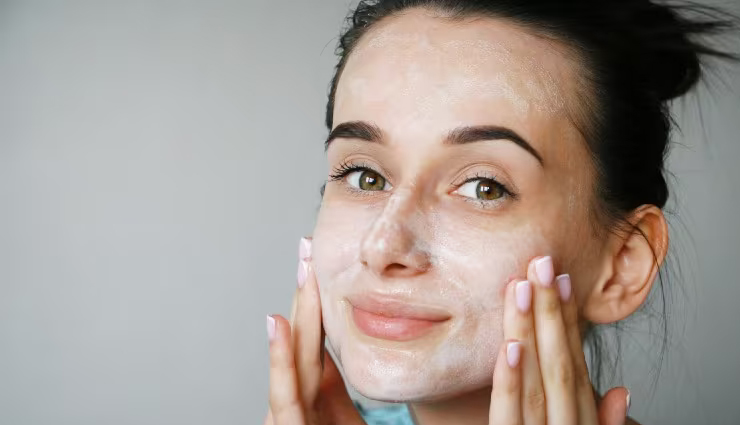
# Milk
For centuries, milk has been a key component in various cosmetic treatments, renowned for its potent natural moisturizing properties. It imparts a soft, supple, and radiant appearance to the skin, cleansing and nourishing it effectively. Combining raw milk with water creates an unparalleled cleanser, and massaging this mixture onto the face proves to be the ultimate remedy for dryness and blemishes. To enhance its benefits, incorporating two teaspoons of crushed papaya into the blend is recommended.
Whether fresh or sour, this white ingredient yields numerous positive effects on the skin. It serves as a dual-action agent, moisturizing and exfoliating the skin simultaneously. Milk contributes to reducing wrinkles, improving skin tone, and alleviating sunburn. During winter, incorporating moisturizers with milk helps prevent dryness, enhancing the overall appearance of the skin. For optimal results, consider adding milk to various facial packs.
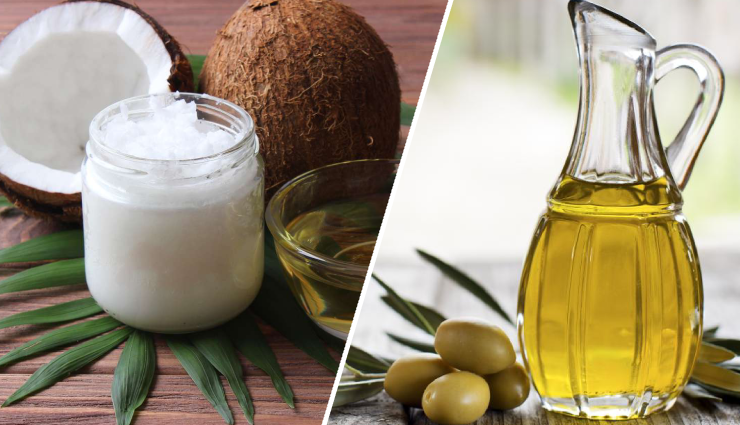
# Coconut oil and Olive oil
Gently massage warm coconut oil onto areas of the skin that appear dry and lackluster for a remarkable, all-natural treatment. The hydrating and protective properties of the fatty acids in coconut oil work wonders, and for optimal results, it is recommended to leave it on the skin overnight.
When applied to damp skin after a shower, coconut oil effectively seals in moisture. It also serves as an excellent Ayurvedic body massage oil for relaxation and keeps lips moisturized and smooth in colder temperatures. This natural oil is beneficial for preventing wrinkles and serves as an anti-aging treatment for dry skin.
As a nighttime moisturizer, coconut oil's emollient characteristics can particularly benefit certain skin types, such as dry or normal-to-dry skin. The nutritious fatty acids in coconut oil play a crucial role in hydrating and protecting the skin.
Olive oil, with its antioxidant properties, is excellent for helping skin cells resist potential damage. The presence of vitamins A, D, E, and K in olive oil is essential for treating various skin disorders.
In combating skin damage caused by cold weather, olive oil stands out as one of the most effective and safest treatments. This skin-friendly ingredient not only contributes to maintaining healthy skin but is also a staple of the Mediterranean diet. Regular moisturizing with this liquid gold keeps the skin soft and supple.
For a simple and effective exfoliating scrub to eliminate dead skin cells, combine lemon juice, olive oil, and sugar. This mixture proves effective in removing impurities resulting from exposure to cold weather.
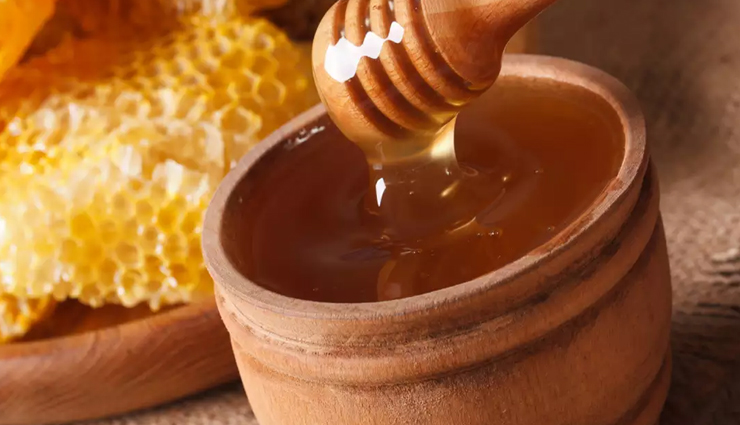
# Honey
Honey, renowned as one of nature's most potent natural ingredients, holds a significant place in Indian households for various culinary applications. Surprisingly, beyond its culinary uses, honey stands out as an exceptionally effective moisturizer and is recognized for its wrinkle-reducing properties.
Combine one teaspoon of fresh cream with one teaspoon of honey in a bowl, and applying this mixture to the face yields remarkable results. Regular application of this mask results in soft, supple skin with a rejuvenated and youthful appearance. Additionally, massaging one teaspoon of honey onto the skin for five minutes before rinsing it off with regular water provides notable benefits.
Winter conditions can be particularly harsh, accelerating the skin's aging process. However, the antioxidant qualities of honey offer effective defense against fine lines and wrinkles. Coating the skin with a blend of lemon and honey, leaving it on for 15 to 20 minutes, and then rinsing it off can significantly contribute to a more youthful-looking and feeling skin. Making this a routine three times a week can yield visible improvements.
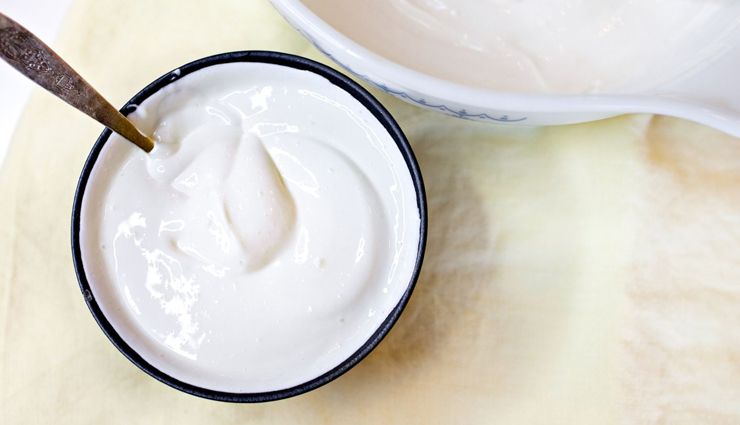
# Yogurt
The yogurt face mask is an excellent choice for incorporating yogurt into your skincare routine, offering not only skincare benefits but also contributing to overall health due to its probiotic properties. When applied topically, yogurt proves to be beneficial in improving skin health by nourishing the skin and correcting its pH balance. Additionally, yogurt effectively removes tan, reduces dryness, and promotes healing in cases of acne.
The lactic acid present in yogurt plays a key role in exfoliating the skin and accelerating skin cell turnover, leading to the removal of dead skin cells without causing irritation. This natural moisturizer from nature provides remarkable relief for dry and itchy skin. Embracing yogurt in skincare routines proves to be a wonderful solution for addressing various skin concerns.
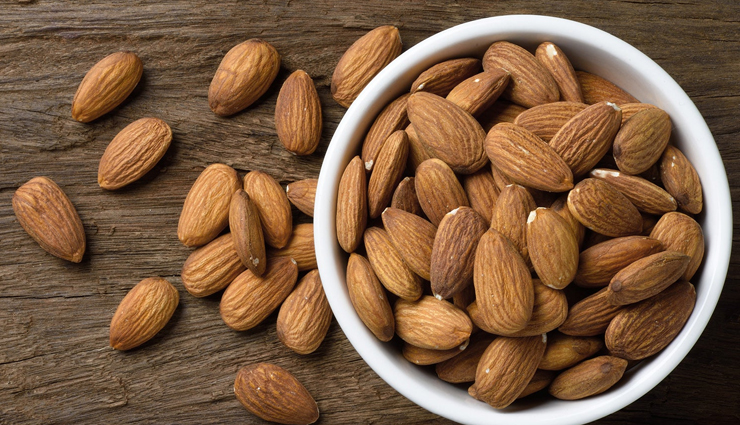
# Almond
Almonds offer an immediate burst of freshness to the skin when incorporated into winter skincare routines. Beyond being a delectable snack, almonds boast numerous topical benefits, being free of irritants and versatile for hydrating and plumping the skin.
Rich in vitamin E and omega-three fatty acids, almonds nourish the skin and contribute to staving off the early signs of wrinkles. The application of vitamin E to the skin serves as a protective measure against free radicals, given its antioxidant properties.
To harness the advantages of almonds, applying almond oil to the body after a shower or bath while the skin is still damp proves effective. The oil readily absorbs, ensuring prolonged skin moisturization. Almond oil exhibits soothing properties, evens out the skin, and addresses skin conditions such as eczema. Additionally, it can be applied to smooth out stretch marks.
For delicate and dry skin, almond milk serves as a gentle alternative. Adding 2 cups of unsweetened almond milk to a warm bath and soaking for approximately 15 minutes before rinsing off can alleviate flakiness and irritation. Almond milk application on acne scars provides pain relief and aids in quick healing. It doubles as a substitute for cow milk, offering calcium and vitamin D, both beneficial for acne. Applying almond milk to the face in winter serves as a moisturizing agent, lubricating skin cells and preventing dryness.
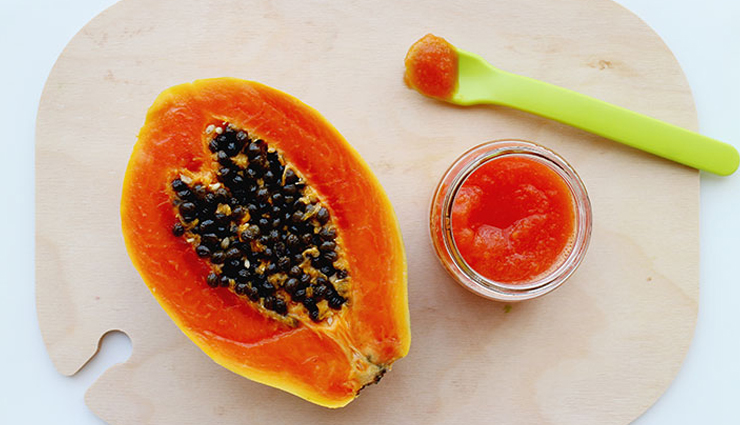
# Papaya
Papayas stand out as one of the healthiest year-round fruits, especially during the winter, thanks to their exceptional nutritional value. In colder temperatures with low humidity, the skin tends to lose moisture, leading to dryness. The combination of body heat and chilly, dry winds can further worsen skin texture issues, potentially causing skin cracks. Winter can exacerbate existing skin problems.
Papaya, rich in enzymes and vitamin A, proves beneficial for skin exfoliation, and its antioxidant properties play a crucial role in removing dead skin cells. The presence of vitamin C supports collagen formation and tissue binding, contributing to wrinkle prevention and minimizing the signs of skin aging.
Leveraging papaya for skincare involves utilizing papaya-based products, creating homemade papaya packs, and using the fruit's pulp and juice. These applications are effective in brightening the skin, eliminating tan, and reducing pigmentation, dark spots, and acne scars. Incorporating papaya into skincare routines can bring about a radiant and rejuvenated skin appearance.





